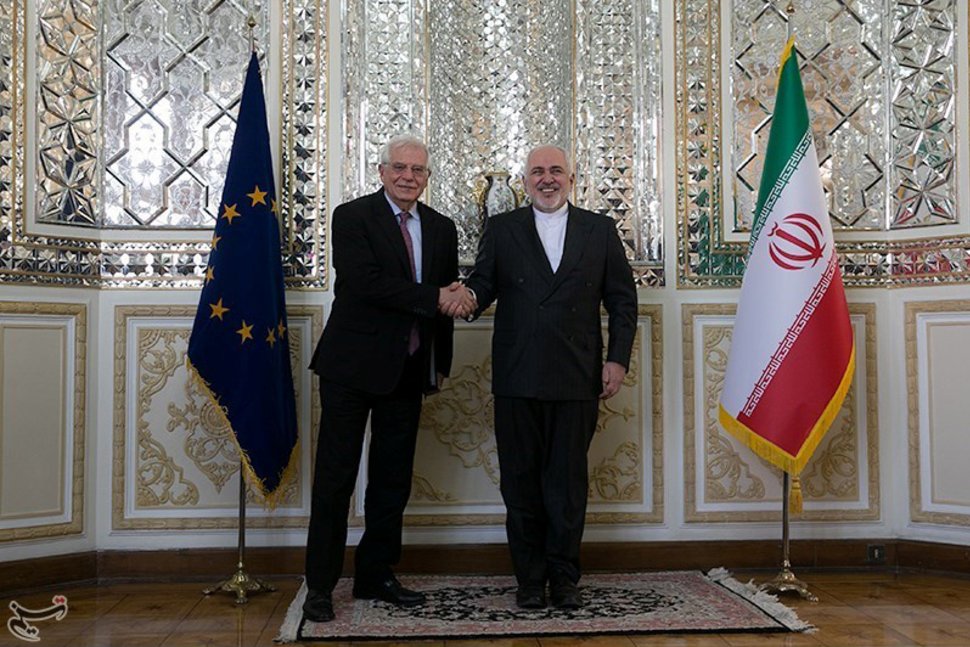February 28, 2020

The EU has decided to postpone indefinitely its threat to take Iran’s violations of the nuclear agreement to the UN Security Council, which could result in re-imposing UN sanctions on Iran.
The EU’s foreign policy chief, Josep Borrell, announced the indefinite delay.
A retired Iranian diplomat, Abdol-Reza Farajira, told the Financial Tribune he understood the intent was to wait until after the US presidential election in November and then decide what to do. All the leading Democratic presidential candidates have said they would rejoin the Joint Comprehensive Plan of Action (JCPOPA) if elected and Iran has said it would cancel its violations of the agreement if the US returned. So, that would logically mean the EU would cancel the idea of going to the UN.
However, if Trump is re-elected, that would be a different matter.
Britain, France and Germany formally accused Iran January 14 of violating the terms of the agreement.
But during a visit to Tehran February 3, Borrell said, “We are in agreement not to go directly to a strict time limit which would oblige [us] to go to the Security Council.”
He said: “The willingness is not to start a process that goes to the end of JCPOA, but to keep it alive.”
After months of gradual steps reducing compliance, Iran said on January 6 it would ignore all the caps and restrictions on its nuclear program contained in the JCPOA.
Britain, France and Germany then responded by saying they would activate the JCPOA dispute resolution mechanism, in theory starting a process to resolve issues with Iran within 60 days or to re-impose sanctions.
However, there are questions over when the process should start and the clock begin ticking because Iran has not formally recognized the consultation process, officials have said.
China and Russia are also signatories to the deal and have expressed misgivings about the Europeans’ decision to trigger the mechanism.
Borrell said he had agreed with Berlin, London and Paris to “continuously postpone” starting the clock. However, he said progress depended on maintaining the presence in Iran of inspectors from the International Atomic Energy Agency (IAEA). The Islamic Republic has not threatened to kick them out and, in fact, has volunteered that its non-compliance with the JCPOA terms does not include non-cooperation with the IAEA.























